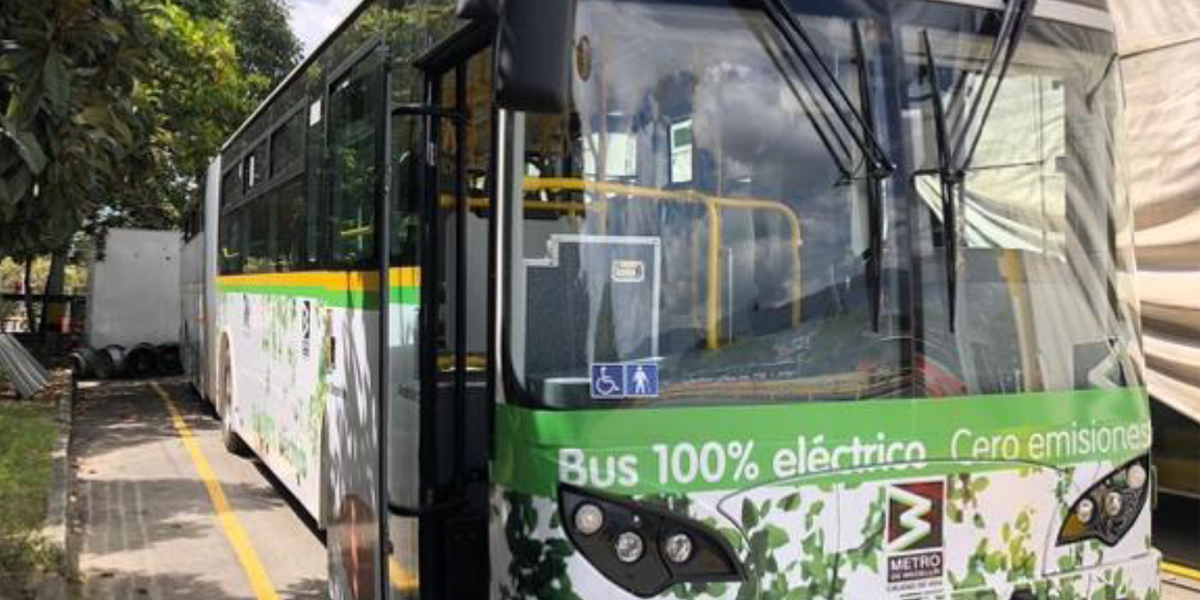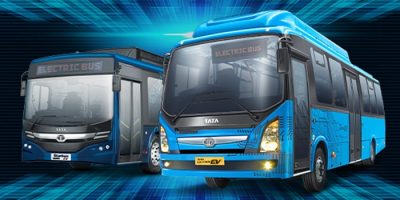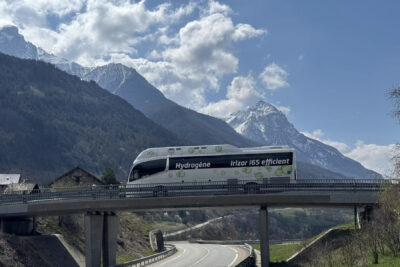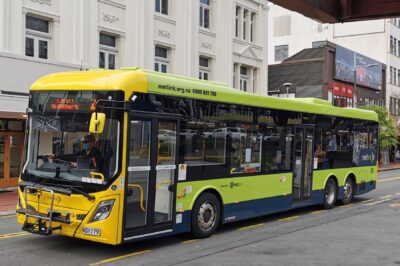Kyocera & BYD launch ‘Well-to-Wheel Zero Emission’ project
Kyocera and BYD Japan are launching a joint project to develop an integrated energy demand-supply system for EVs using renewable energy from Kyocera’s photovoltaic systems and BYD’s electric buses.
The companies aim to maximise the efficiency of renewable energy, significantly reduce power losses and maintain a stable energy balance between supply and demand. Specifically, Kyocera will develop the energy charge management system to control the supply-demand balance between energy production and consumption by using aggregation technology developed during Virtual Power Plant (VPP) test projects over the past several years. Meanwhile, BYD will supply two models of electric buses; K9, a large electric bus already available and J6, a compact electric bus developed explicitly for the Japanese market which will be available in spring 2020.
Additionally, BYD will use its technological expertise in developing electric buses and insights from energy consumers to consult on the project. Kyocera will also explore the potential of other renewable energy applications such as independent power systems for residential, transportation, and ride-sharing services in collaboration with local communities, power retailers, and transmission and distribution system operators.
This is in response to Japan’s Ministry of Economy, Trade, and Industry (METI) that has published its ‘Well-to-Wheel Zero Emission’ policy which aims to reduce greenhouse gas emissions by around 80 % per vehicle, and up to 90 % per passenger vehicle from 2010 levels by 2050.
Kyocera aims to demonstrate this energy system for EVs in 2020 to bring it to market in 2021 after incorporating critical findings from this collaboration with BYD.





0 Comments